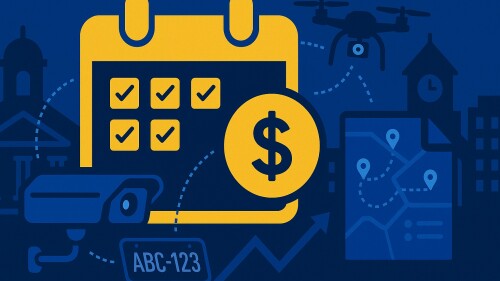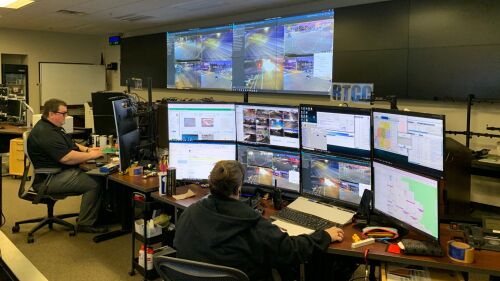By Police1 Staff
The rise of real time crime centers (RTCC) marks a transformative shift in policing, moving from reactive to proactive operations. Using advanced technology like license plate readers, gunshot detection and surveillance cameras, RTCCs provide real-time data to officers on the ground, enhancing response times and safety.
Fort Worth’s RTCC has been instrumental in reducing crime since 2015, enabling officers to work smarter with community partnership at the forefront. By providing crucial intelligence during emergencies and complex incidents, RTCCs act as a force multiplier, ensuring both citizen and officer safety in the modern age of policing.
REAL TIME CRIME CENTER RESOURCES
Federal and state funding is making advanced tools like ALPRs, drones and real time crime centers more accessible to agencies of all sizes
From managing parking and monitoring street flooding to responding to wildfires and terrorist attacks, RTCCs are helping agencies tackle a wide range of public safety challenges
By leveraging existing resources, collaborating across functions and utilizing cost-effective middleware tools, agencies can create a more cohesive data infrastructure
By giving officers real-time access to video, RTCCs are turning in-progress calls into solved cases and helping agencies close investigations faster and more safely
Nikki North, RTCC manager at the Flagler County (Fla.) Sheriff’s Office, shares how mutual respect and early involvement are key to successful communication
From their purpose to common misconceptions, this FAQ breaks down the essentials of real time crime centers and their role in modern policing







